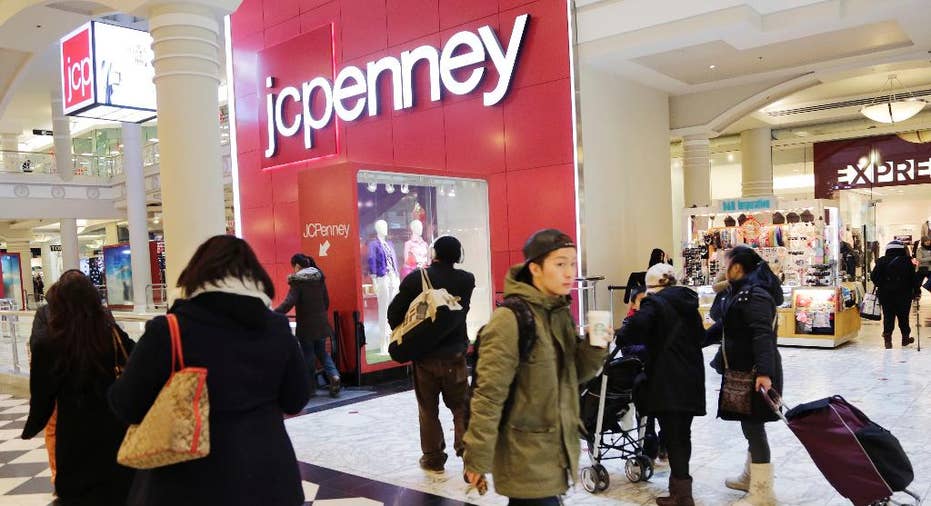After election, are shoppers ready to think about holidays?

NEW YORK – The uncertainty surrounding who will be the next U.S. president is over. But with people still bitterly divided, are they ready to think about a holiday shopping season that thrives on feelings of joy and peace?
Reports from retailers, including department stores like Kohl's, Macy's and J.C. Penney, showed that shoppers had been starting to step up their spending in the weeks leading up to the election won by Republican Donald Trump. And the companies are generally optimistic about a good holiday season, pointing to higher wages for workers and leaner inventories.
"A relatively happy employed consumer base is a willing group of consumers," said Greg Portell, a partner in A.T. Kearney's consumer products and retail and communications, media and technology group.
Pointing to the political environment is an easy excuse for retailers, analysts said. Even after the rancor of the campaign, they believe, Trump supporters will be in the mood to spend and those who supported Democrat Hillary Clinton or another candidate may shop as a balm on their emotions.
"It's retail therapy either way," says Marshal Cohen, chief industry analyst at NPD Group, a market research firm.
What the department stores were seeing before the election was a bit of a mixed bag. Macy's and Kohl's raised their sales outlooks this week as they saw improvement, even as they posted another quarter of smaller declines. Nordstrom reported an increase in the key sales measure, and raised its earnings outlook.
But Penney cut its annual outlook for a key sales measure after reporting a surprise sales drop as it wrestled with weak clothing sales. Macy's had specifically cited strength in apparel, across the men's, women's and children's departments. Like some other retailers, Penney's business has been volatile, bouncing back in the summer after a tough start to the year.
In general, a dip in buying is normal before a presidential election as people are distracted and advertising space is taken up by political ads, but spending usually bounces back afterward. In 2012 and 2004, year-over-year sales growth slowed an average of 22 percent in September and October, from the January through August period, but rebounded an average of 16 percent in November and December, according to consulting group AlixPartners.
Penney's CEO Marvin Ellison said it was hard to quantify how much the upcoming election affected business in the third quarter but that business accelerated in October, the last month of the period. But he noted from an economic standpoint, shoppers "are in really good shape," he added.
"We are hoping that in the post-election, we are just going to see people spend," he said.
Some consumers are nervous about changes under a Trump presidency that could affect a lot of different industries.
Donna Jonas, a retired customer service representative in Albuquerque, New Mexico, says she started spending less a couple months ago. The 63-year-old worries that Trump might privatize social security and what his plans might be for health care.
"It's my financial future that I am concerned about," she said.
Jonas says she has cut back on buying new books, and she and her husband won't buy each other a holiday gift as they usually do. She also plans to spend less on gifts for her grandchildren.
Department store executives still say there are reasons to be hopeful.
"There are a lot of people feeling positive today" about a Trump presidency, said Macy's CEO Terry Lundgren, citing Trump's victory speech that was seen as conciliatory. As for those who are upset about the election, he says it's too early to tell.
Ellison says it's too soon to know how the election effect will pan out, but added, "We are a very resilient country."
____
Follow Anne D'Innocenzio http://twitter.com/ADInnocenzio



















